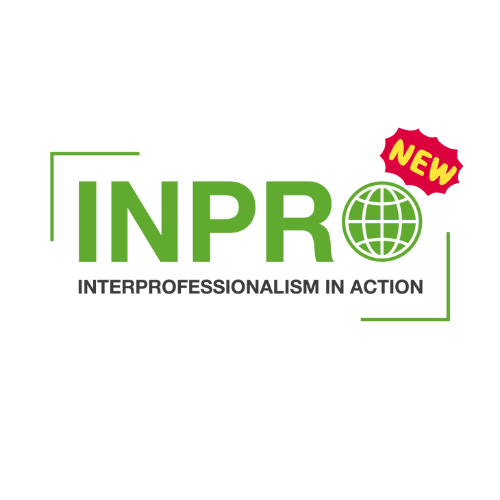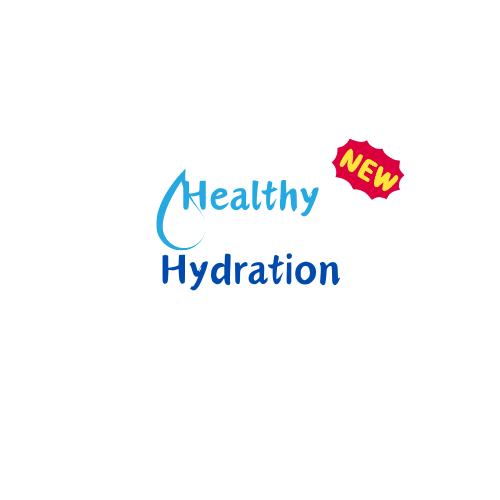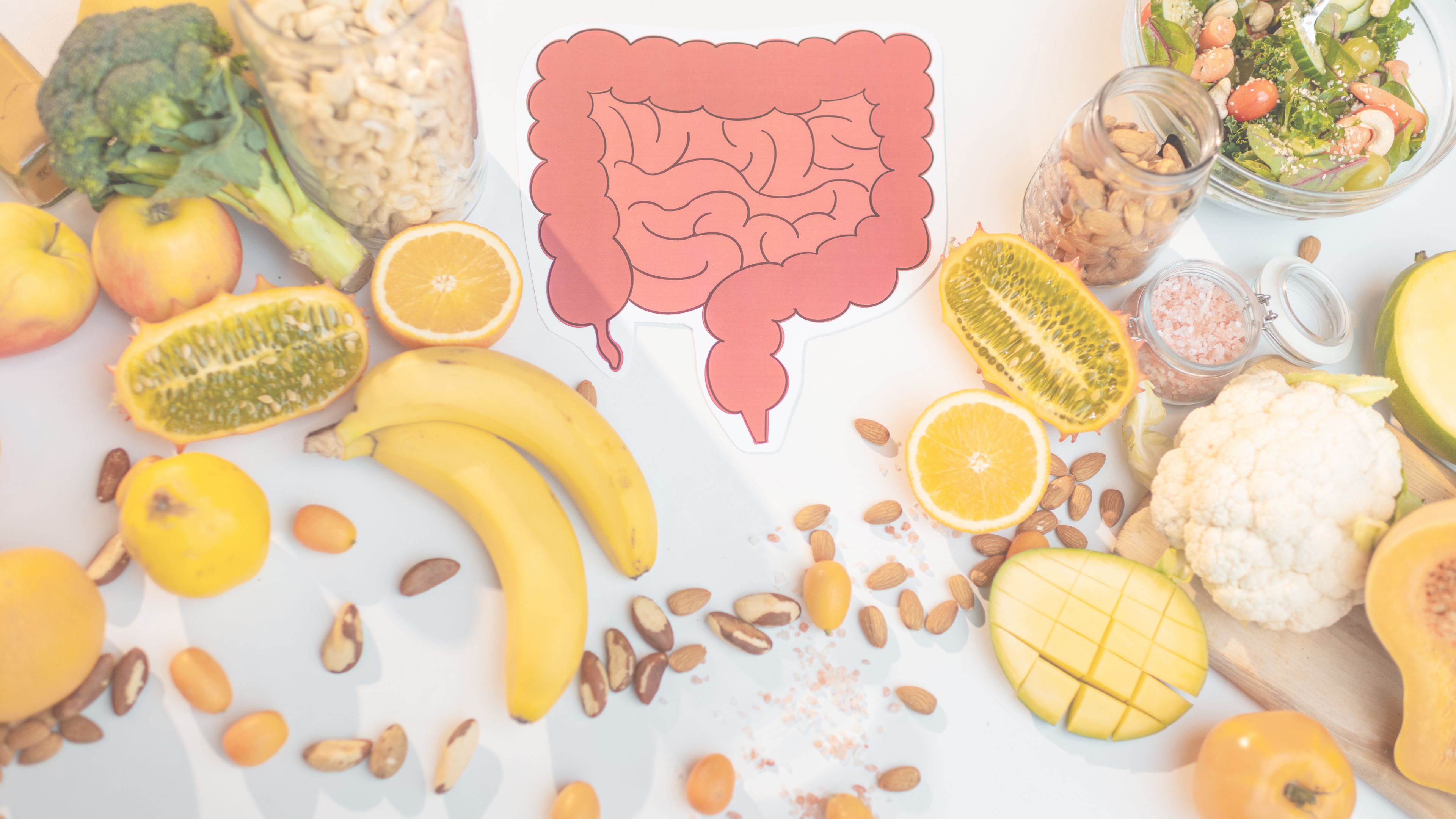Learn more about our courses

INPRO - Interprofesionalism in action
Interprofessional Collaboration in Rehabilitation (INPRO) Course
The INPRO course is a comprehensive exploration of interprofessional education and collaboration (IPECP) in rehabilitation, addressing the gap between educational training and real-world professional practice. This course is based on the outcomes of the European INPRO project, an initiative co-funded by the EU to align health and social care training with the demands of rehabilitation practice.
Through this course, you will gain insights into interprofessionalism in action. The materials include modules on the WHO’s International Classification of Functioning, Disability, and Health (ICF), tools for assessing interprofessional skills, and advanced approaches like student-run learning wards. These modules and tools are designed to integrate into both core curricula and ongoing professional development for educators and practitioners.
Participants will explore how to enhance collaboration between higher education institutions and rehabilitation centers to improve patient care and outcomes. The course also includes interactive components like online global classrooms and real-world insights from professionals in rehabilitation centers across Europe.
This initiative represents a unique collaboration among institutions from Austria, Belgium, Finland, and the Netherlands, and their associated rehabilitation centers. Together, they bring expertise in designing, testing, and implementing innovative interprofessional practices for education and care.
MODULE 1
IP - EducationMODULE 2
IP - PracticeMODULE 3
IP - CompetenciesMODULE 4
ICF - Person-centered practice
Healthy Hydration
Healthy Hydration Course
Hydration plays a crucial role in maintaining overall health, and dietitians have a unique opportunity to guide individuals towards better hydration practices. This self-directed course, developed by leading experts and backed by research conducted among European dietitians, provides essential knowledge and tools for promoting healthy hydration.
Across five engaging modules, you will explore the principles of healthy hydration, its importance for health, and strategies to integrate hydration education into practice. The course also highlights European and global initiatives that support hydration awareness.
The modules feature a mix of videos, texts, and visuals to enhance learning, along with quizzes to assess your progress. The course is flexible, allowing you to complete it at your own pace, with an average time commitment of 3 hours for the first two modules. At the end, you’ll have the opportunity to complete a final assessment and earn a certificate upon achieving a score of 80% or higher.
Designed as part of the European Healthy Hydration Awareness Campaign (EuHHAC), this course is a collaborative effort by EFAD and the Hydration for Health initiative. It represents the shared goal of increasing awareness and equipping dietitians with evidence-based resources for practice.
MODULE 1
Introduction to HydrationMODULE 2
Hydration and Fluid Intake Assessment
Sustainability in Dietetics
In our modern world, we all need to contribute to reducing the global impact of climate change and consider social and economic aspects related to food choice and intake. Dietitians have a role in promoting sustainable and healthy diets. This course was built upon dietitians' voices and the rationale that it would be useful for dietitians to increase knowledge and have practical materials and resources to embed sustainability in their dietetic practice.
Over the four following modules of self-directed learning, 16 leading experts explain some of the complex concepts of sustainability and provide tools to translate knowledge into practice via lectures, case studies, sustainable meals and recipes as well as additional links and resources.
MODULE 1
Sustainable Food Systems and DietsMODULE 2
Strategies Towards Sustainable DietsMODULE 3
The Food CycleMODULE 4
Sustainability in Dietetic Practice
Health Through Gut
The important association between diet, gut health and overall health is supported by significant amounts of emerging evidence. It is an ever-increasing area of research and focus, and this course will explain how they are connected and the impact of probiotics and prebiotics in supporting good health.
Over the four following modules of self-directed learning, 7 leading experts from Europe and the U.S. explain the role of the gut microbiome and its interaction with health and disease and provide lectures and resources to improve your knowledge in the area of the gut microbiota as well as probiotics and prebiotics to help you embed this knowledge into dietetic practice.
MODULE 1
The Human MicrobiomeMODULE 2
The role of diet and gut microbiota in health and diseaseMODULE 3
ProbioticsMODULE 4
Prebiotics
Digital Nutrition Communication
Social media has a major role and impact on our lives, yet many dietitians would like to know more and increase their confidence on how to use it properly. Whether you are a beginner or advanced user, this course will help you get a good understanding of how to use social media to promote yourself and connect with others while maintaining your professionalism.
Our experts are a selection of dietitians and other professionals who are hugely experienced in social media. Through a series of video lectures, they break through the jargon and give practical, real-world tips to guide you through the process of getting started on social.
